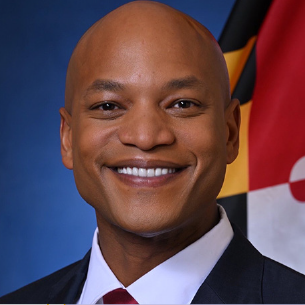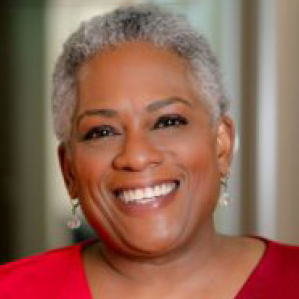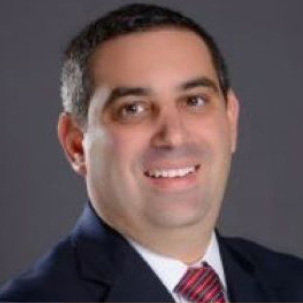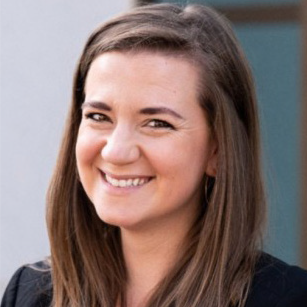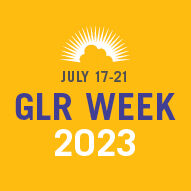
- This event has passed.
Building on Common Ground: A Governor’s Conversation
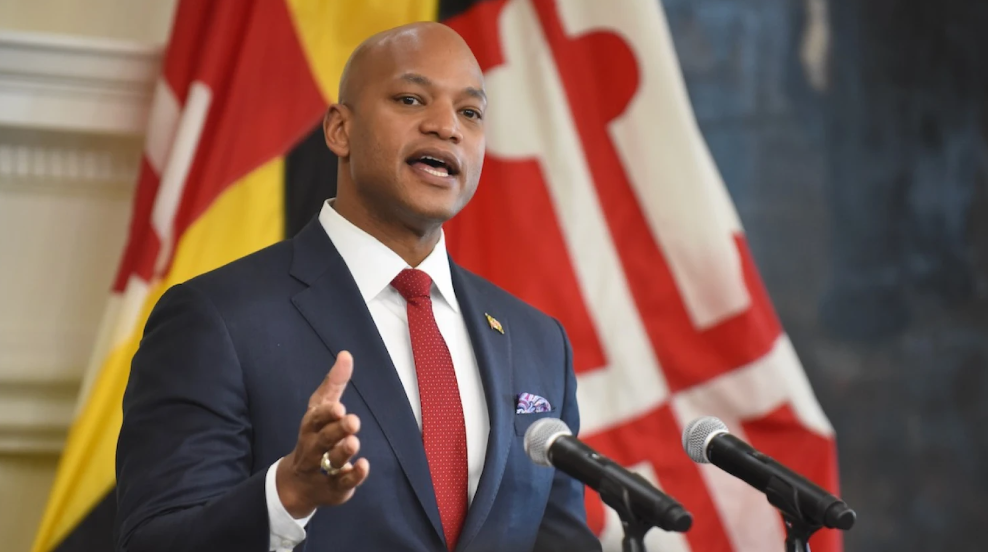
“When I’m talking about child poverty, there’s not a Republican or a Democratic way of dealing with it. When we’re talking about creating educational supports for kids, there’s not a Democratic way of educating kids and a Republican way of educating kids. Follow the data. Follow the things that are making sense and then…take and utilize the state budget and the state bully pulpit in order to make those things available for more students.” – Gov. Wes Moore, Maryland
In this GLR Week 2023 session, Building on Common Ground: A Governor’s Conversation, the Campaign for Grade-Level Reading launched a new series of conversations exploring areas of broad voter support that can be leveraged to secure bipartisan “wins” to advance children’s early school success. This first session featured a conversation with Maryland Governor Wes Moore, a Democrat. In future sessions, we will have the chance to hear from other elected officials from both sides of the aisle.
The session began with a conversation with the moderator John Gomperts and Governor Moore as he shared insights from his early efforts to secure bipartisan support for proposals in his first year in office, including record investments in education. Governor Moore stressed the importance of building relationships — with elected officials on both sides of the aisle and with voters across the state — and incorporating their thoughts and perspectives into decisions and proposals. He explained how he led with data to make the case for his proposals with voters and state legislators — including data on the science of early brain development and its impact on children’s school readiness and data on child poverty and policies such as the Child Tax Credit and Earned Income Tax Credit.
After this opening conversation, John Gomperts engaged a panel of education leaders — including Denise Forte of The Education Trust, Seth Gerson of National Governors Association (NGA), Lucy Berrier Matheson of The Hunt Institute, and Martin West of Harvard Graduate School of Education and Education Next — in a discussion about what they heard from Gov. Moore and where they see potential for bipartisan action.
Professor West shared highlights from Education Next’s 2022 public opinion survey, noting that while the survey did find widening partisan rifts, differences on education policy remain relatively muted in comparison with other issue areas. He shared examples of where divides were widening on issues such as support for teachers unions and where divides were emerging on issues such as charter schools. He also pointed to the rise of new issues, including COVID-response, where there is significant partisan disagreement.
Lucy Matheson offered highlights from Hunt’s Across the Aisle survey report, which found strong voter agreement on education issues such as school safety/anti-bullying, teaching focused on real-world skills, student mental health, and efforts to address learning loss and advance early literacy.
The panelists discussed the importance of lifting up examples of success in other states and using data to make the case for bipartisan action and of thinking holistically to address early school success. Seth Gerson noted that finding common ground is at the center of much of the work at NGA and shared that Utah Governor Spencer Cox will be leading a “Disagree Better” Initiative over the coming year as he serves as NGA Chair. Denise Forte reminded the group that efforts to find common ground do not preclude a commitment to social justice and equity, encouraging leaders to look for agreement on the outcomes and goals they are seeking first and then build a bipartisan policy to achieve that shared goal. She pointed to the bipartisan focus on the Science of Reading in a growing number of states as an example.
Panel
